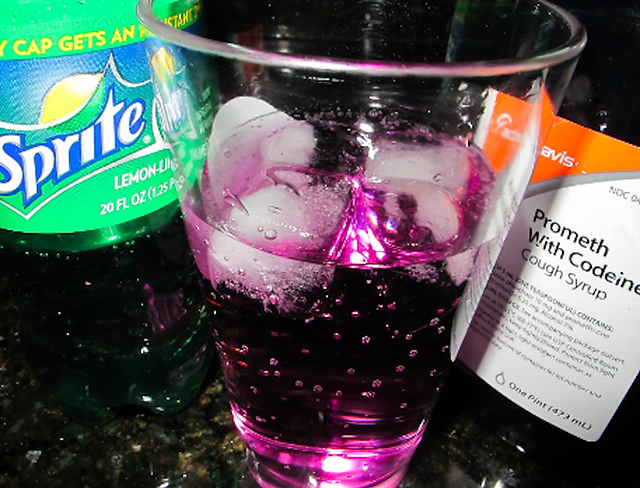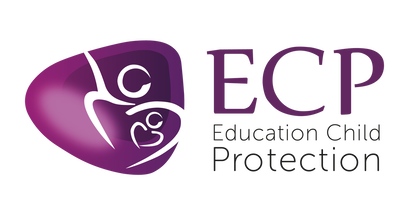The Influential Role of Social Media, Music, and Celebrities in Teen Drug Culture
|
In today's digital age, the sway of social media, music, and celebrity culture over teenagers is undeniable. Platforms like YouTube, Instagram, and TikTok have become potent forces in shaping youth trends and behaviours. However, amidst the positive influences, a troubling trend has emerged: the glamorisation of drug use, notably through references to illegal substances like lean.
Lean, known as purple drank or sizzurp, is a mixture concocted from prescription-strength cough syrup containing codeine and promethazine, often blended with soft drinks and sweets. Despite its perilous and addictive nature, lean has garnered traction among teenagers, largely due to its portrayal in music lyrics, social media posts, and celebrity endorsements. The primary ingredients in lean, also known as purple drank or sizzurp, typically include: Codeine: Codeine is an opioid medication used to treat pain and coughing. It works by binding to opioid receptors in the brain, leading to pain relief and cough suppression. However, codeine is also highly addictive and can cause respiratory depression, drowsiness, and other side effects, especially when abused. Promethazine: Promethazine is an antihistamine medication commonly used to treat allergies, nausea, and motion sickness. It also has sedative effects and can enhance the drowsiness caused by codeine. When combined with codeine, promethazine can amplify the effects of lean, including its sedative and euphoric properties. Soda or Soft Drinks: Lean is typically mixed with soda or soft drinks to dilute the cough syrup and improve its taste. Common choices include fruit-flavoured sodas like Sprite or Mountain Dew. Sweets: Some versions of lean may also include sweets, such as Jolly Ranchers or Skittles, to add sweetness and flavour to the mixture. It's important to note that lean is not a standardised medication and can vary widely in composition and potency. Lean poses similar risks to heroin when abused, including respiratory depression, addiction, overdose, and potentially fatal consequences. It is essential to treat the misuse of lean with the same gravity and caution as heroin abuse. Lil Wayne, an influential figure in the rap industry, has been pivotal in romanticising lean through his music and public persona. In songs like "Me and My Drank," Lil Wayne affectionately refers to his double cup of sizzurp as his "beloved," despite acknowledging its dangers, such as its link to the death of fellow rapper Pimp C. Lil Wayne's publicised struggles with seizures, possibly linked to his alleged abuse of codeine, serve as a stark reminder of the perils of substance abuse glamorised in popular culture. Similarly, other artists like Future have built their personas around lean, with songs like "Dirty Sprite" and "Codeine Crazy" contributing to its allure. Despite the veneer of glamour portrayed in their lyrics, the reality of substance abuse is far from glamorous, often leading to severe health consequences and addiction. The influence of social media platforms amplifies these messages, with influencers and celebrities showcasing their lifestyles, including drug use, to millions of followers. Viral challenges like the "Lean Challenge" blur the line between entertainment and influence, further normalising drug use among impressionable youth. |
Other names for lean include:
- Purple Drank - Sizzurp - Syrup - Texas Tea - Purple Jelly - Purple Stuff - Purple Tonic - Sip-sip - Dirty Sprite - Oil - Player Potion - Purp - Barre The consequences of lean abuse can be dire, with common side effects including slowed heart rate and breathing, blurry vision, hallucinations, and loss of motor functions. Moreover, the dangers of lean abuse extend to respiratory depression, respiratory arrest, heart attack, brain damage, coma, and even death. While the antihistamine promethazine has relatively low addiction rates, the opioid codeine is highly addictive. Lean users may develop physical dependence and addiction over time, especially due to the potent euphoric and sedating effects of the mixture. As caregivers, educators, and policymakers, it's imperative to address the root causes of this issue and provide young people with accurate information and positive influences. By promoting media literacy skills and encouraging critical thinking, teenagers can be empowered to discern the risks associated with drug use propagated in media. Furthermore, efforts to regulate and monitor content on social media platforms can help curb the glorification of drug use. Celebrities and influencers should be mindful of the impact their words and actions have on their impressionable audience and strive to promote messages of health and well-being. Ultimately, combating the influence of social media, music, and celebrity culture on teen drug use demands collective action. By fostering open dialogue and promoting positive role models, we can create a safer and healthier environment for today's youth, free from the allure of harmful substances glorified in popular culture. |
Services aimed at addressing concerns related to substance misuse:
Talk to Frank - Confidential advice and information about drugs, their effects and the law.
Nacoa - Provides information, advice and support for anyone affected by a parent's drinking, including adults.
Adfam - Information and support for friends and family of people with drug or alcohol problems.
Al-Anon - Offers support meetings across the UK for anyone whose life is affected, or has been affected, by someone else's drinking. Also provides online support meetings, and a confidential helpline.
DrugFAM - Provides support to anyone affected by someone else's harmful use of drugs, alcohol or gambling.
Change Grow Live - Spectrum Families & Young People's Service - Open to young people under 18, young adults up to the age of 25 and their families in Hertfordshire. Can also help young people who are affected by other people’s drug or alcohol use.
Mind - List of organisations who offer support for recreational drug and alcohol addiction, including organisations who can help if you are supporting someone else.
Talk to Frank - Confidential advice and information about drugs, their effects and the law.
Nacoa - Provides information, advice and support for anyone affected by a parent's drinking, including adults.
Adfam - Information and support for friends and family of people with drug or alcohol problems.
Al-Anon - Offers support meetings across the UK for anyone whose life is affected, or has been affected, by someone else's drinking. Also provides online support meetings, and a confidential helpline.
DrugFAM - Provides support to anyone affected by someone else's harmful use of drugs, alcohol or gambling.
Change Grow Live - Spectrum Families & Young People's Service - Open to young people under 18, young adults up to the age of 25 and their families in Hertfordshire. Can also help young people who are affected by other people’s drug or alcohol use.
Mind - List of organisations who offer support for recreational drug and alcohol addiction, including organisations who can help if you are supporting someone else.


